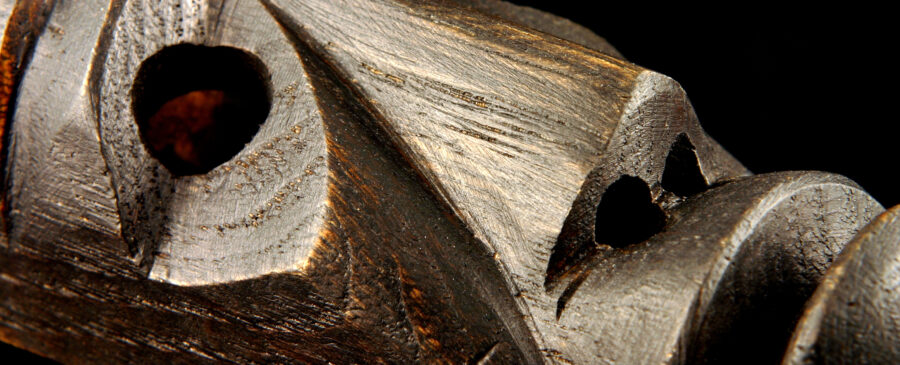Death, Voodoo and the Power of Our Beliefs

Let’s talk about fear.
Fear is one of our most powerful, complicated and primitive emotions. And it’s ever-present — there doesn’t seem to be an area of our lives that hasn’t been affected, at least in part, by fear. Whether it’s the daily, ubiquitous fears caused by spiders, heights or certain social interactions; or the more profound terrors of terminal disease or losing a loved one — fear can change the course of your life. And in some extreme cases, end it altogether.
Fear, Voodoo & Death
In Walter Cannon’s classic 1942 research paper “Voodoo Death”, the physiologist discovered something absolutely baffling. Cannon found that the fear of death, when strong enough, could potentially bring about actual death. He coined the eye-catching term Voodoo Death to describe the fatal psychosomatic effects that could accompany severe emotional shock or fear. It’s also worth noting that in the 80 years since the work was published, many other scientists have filled in some of the details of Cannon’s explanations, yet not overturned them.
An example of this phenomenon occurred in Australia, where ancient aboriginal witch doctors might point a bone at a victim while performing a curse. The ritual often takes place in a society that believes intensely in the power of the witch doctors. If the beliefs are strong enough, in only a matter of days or weeks, the victim can actually die. The mind-body connection is so radically powerful, that this knowledge is not often a complete surprise.
The Power of Placebo
Though it might not be apparent at first glance, the fascinating (and terrifying) phenomenon that is Voodoo Death is an extreme expression of the Placebo effect — or more accurately, it’s polar opposite, known as the Nocebo effect. The placebo effect occurs when an inert, inactive substance has positive effects on a person or patient, simply due to their expectation and conditioning. Nocebo works in exactly the same way, but produces a negative, undesirable outcome as a result of a person’s beliefs.
Although Voodoo Death is a very rare and unusual example of placebo, extensive research has demonstrated that the placebo effect can also lead to several other physiological reactions. Dr. Ted Kaptchuk, Professor of Medicine at Harvard Medical School states, “Researchers have found that placebo treatments — interventions with no active ingredients — can stimulate real physiological responses, from changes in heart rate and blood pressure to chemical activity in the brain, in cases involving pain, depression, anxiety, fatigue, and even some symptoms of Parkinson’s.” He elaborated to suggest that overlooking the use of placebo in medical treatment today “is like ignoring a huge chunk of healthcare.”
Beliefs & Branding
Through my own research, I have discovered that when a brand elicits a profound sense of belief and desirable performance expectation in its audience, an actual physiological effect can take place. This is what I have witnessed as the placebo effect of brands, a phenomenon I coined BRANDcebo. In my professional work of more than 25 years of brand and marketing strategy development for many international companies, I’ve found that it is possible to actually create BRANDcebo and turn customers into long-term champions.
What the placebo effect teaches us is that our emotions, our beliefs and our expectations can be profoundly impactful on our lives. And though emotions like fear can be detrimental to our lives, positive ones can do precisely the opposite. In my book, BRANDcebo, I explain how to harness this positive power, which can transform your brand’s perception and turn your company into a household name.
